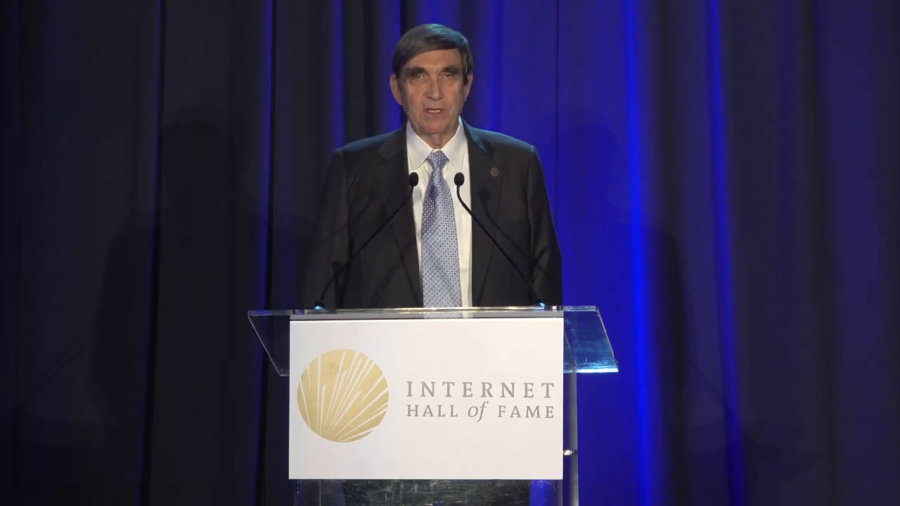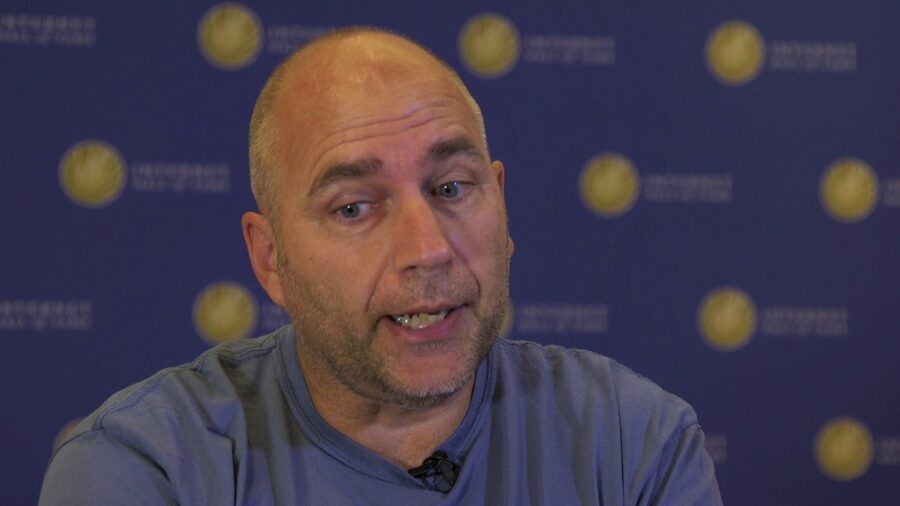My final thanks for intimidating me into studying protocols goes to those obnoxious and absolutely incompetent NSF reviewers who forced me to study.
Archive (Page 7 of 14)
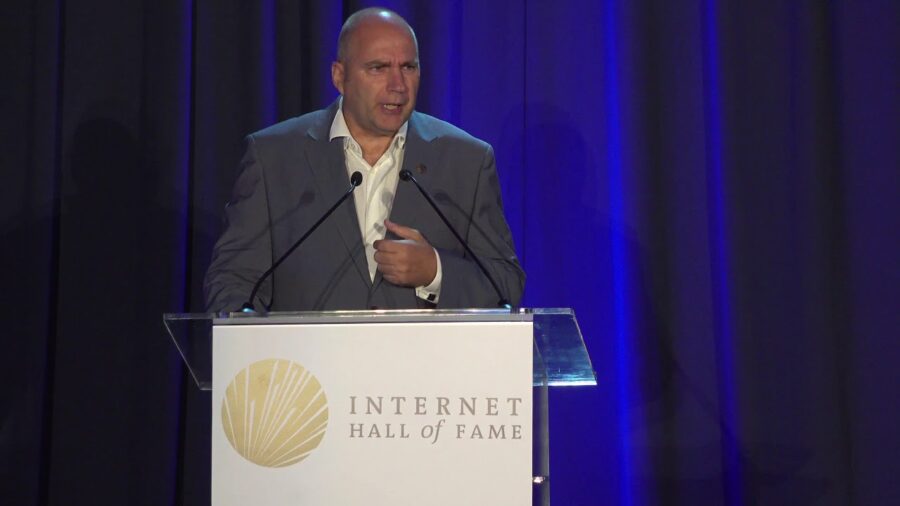
If I can make one wish for the future, then I think it is to those of you out there that have ideas to make the Internet just a little bit better, just a little bit safer, just a little bit more user-friendly, to go after it and do it.
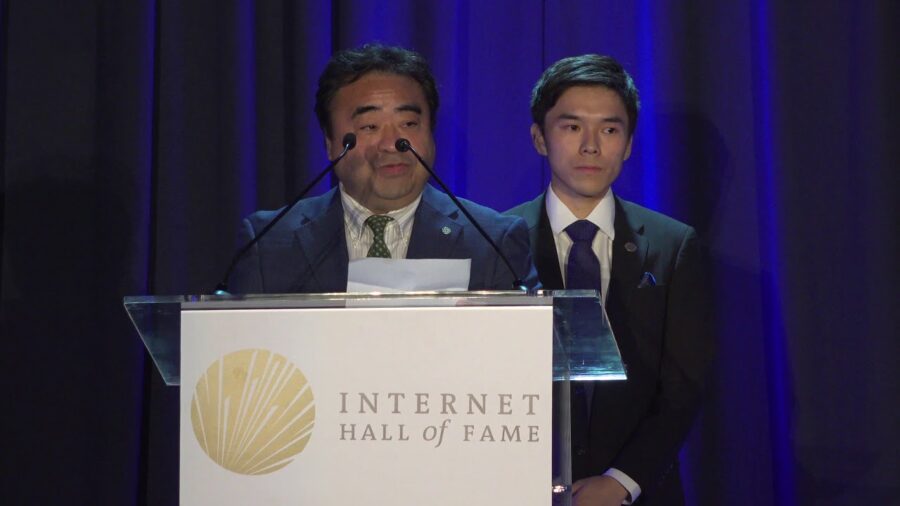
I was born in 1999. Some people like to call my generation the Internet experts. For us, the Internet existed from the moment we were born. And its safety was taken for granted. However, this is all due to the work of my father and his allies speaking to the world, telling them security on the Internet is going to be highly important fifteen years before I was even born.
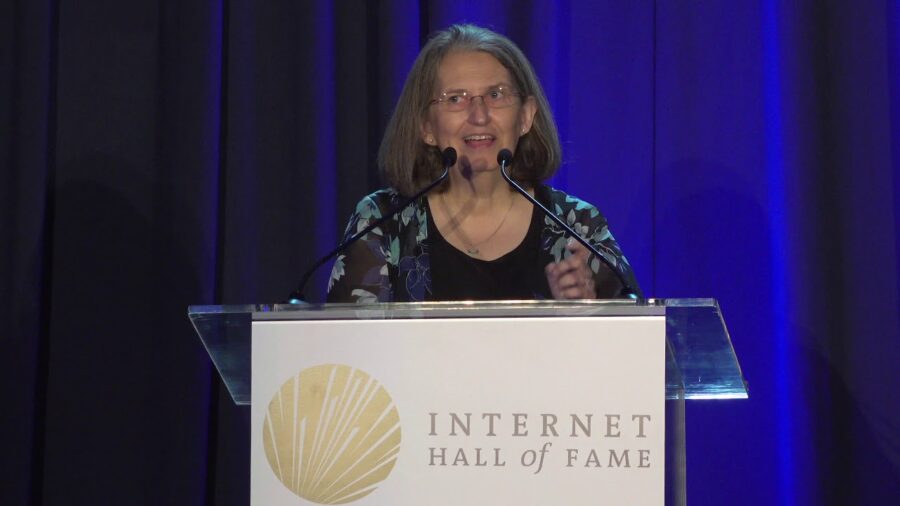
I’d like to focus on thanking the Internet Society for recognizing the important part that public librarians have played in helping to grow the reach of the Internet and its use by everybody.
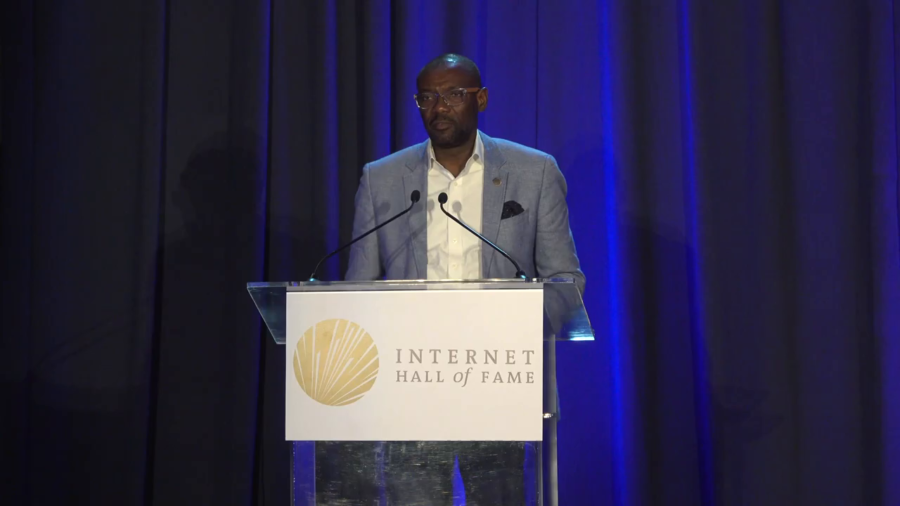
Nominated for effort and contribution to several initiatives that brought and drew the Internet in West Africa in the 90s, and also for leading and nurturing the consensus approach that has helped create AFRINIC, the Internet number registry in Africa in 2004, I have witnessed over those twenty-five years how technology can change and improve people’s lives on a daily basis.
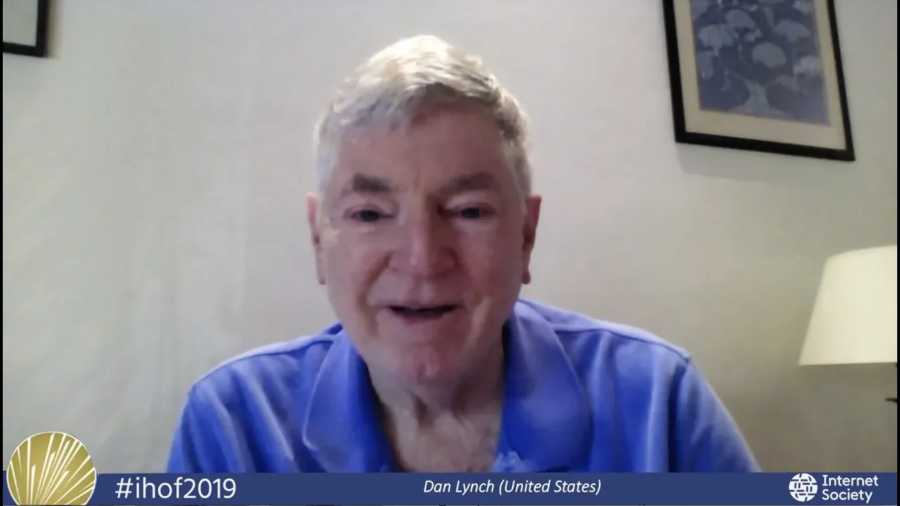
I realized in about late ’85, early ’86 that people all over the world were trying to build Internet product stuff, and they were doing a mediocre job. So, I became an educator, I call myself now, of Internet technology.
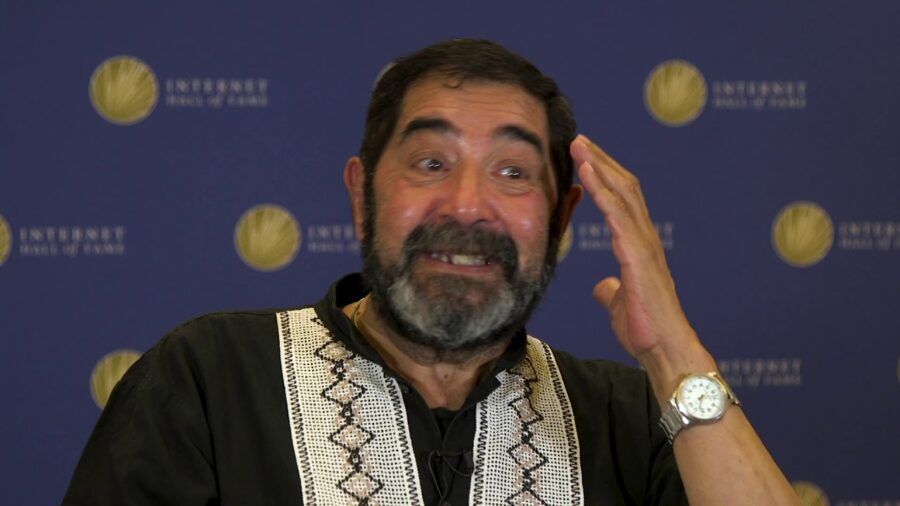
We dreamed a lot, then we realized our dreams. Peruvians, we said in that time, we are not very good in many things but we are survivors.
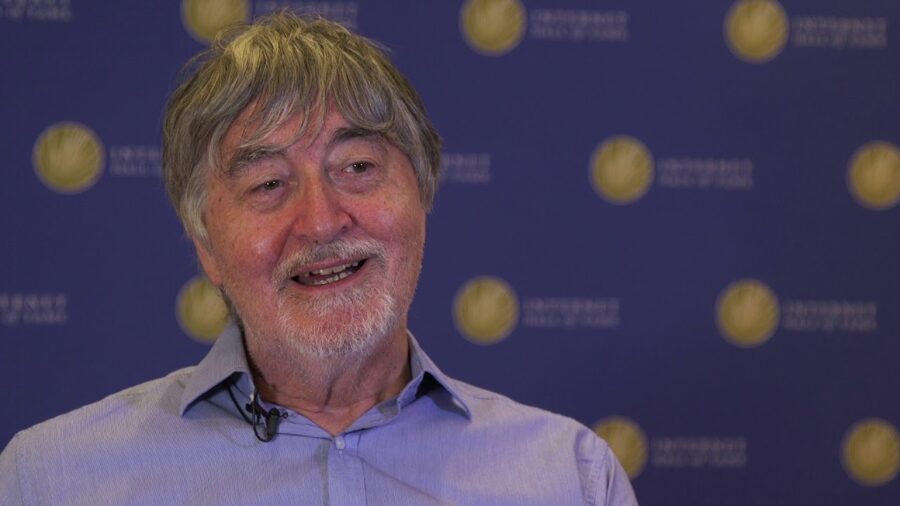
This is something which we believe has to be stressed, that there are users which cannot be served by the commercial networks at the moment at a decent price.
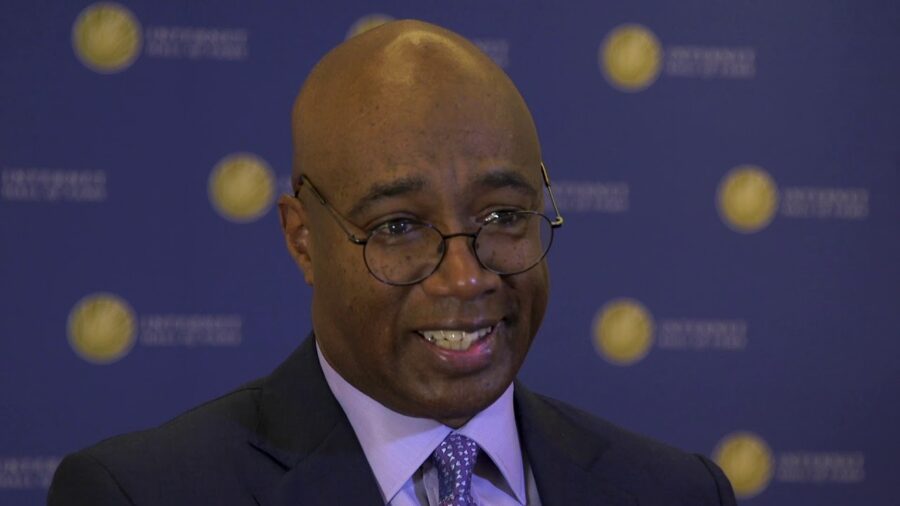
I have a lot of fears about the Internet. I fear the loss of privacy. It is still seen by far too many people as the domain of other than minorities, of other than women, of other than poor people, and it’s got to be about all of us. I fear that it is becoming a pay-to-play ethic, and the thing you’re going to be having to pay with is your privacy.

